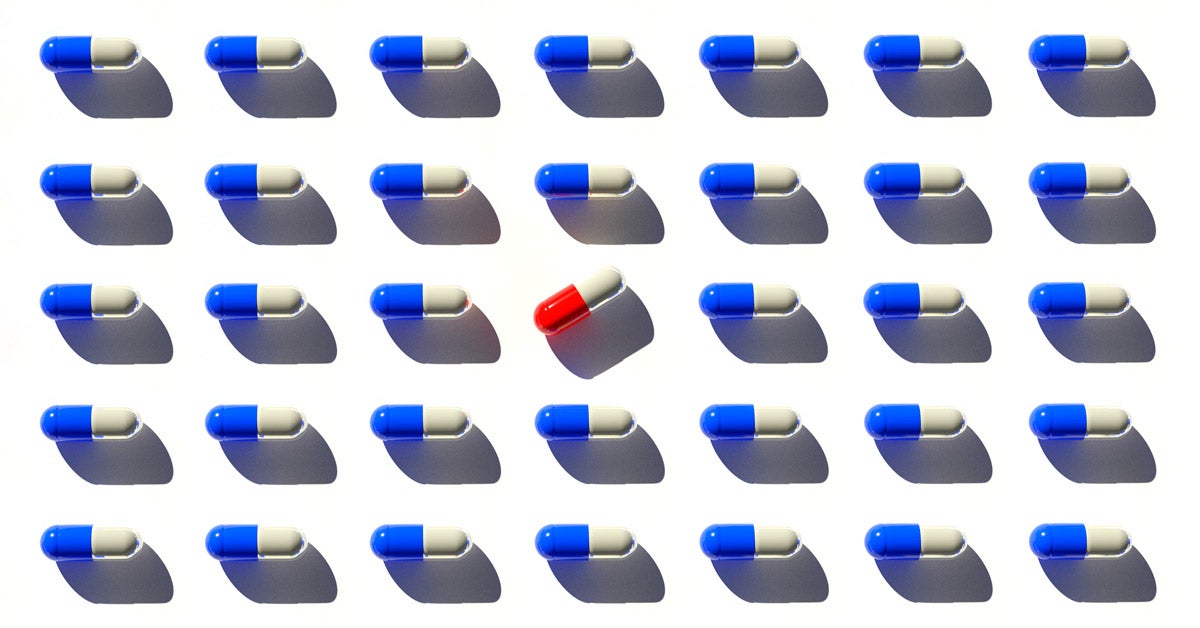Newsletter
HPH Weekly: Public health history has many mistakes. We can learn from them.
This edition of Harvard Public Health Weekly was sent to our subscribers on May 23, 2024. If you don’t already receive the newsletter, subscribe here. To see more past newsletters, visit our archives.
Public health history has many mistakes. We can learn from them.

Tribal public health officer Eric Coles argues that public health suffers from a bias toward health care—one that has been entrenched by pivotal decisions in the field’s history. Especially after COVID, Coles sees opportunities to strengthen public health by finally moving beyond medicine.
Giving trial results back to the people who make them possible

When people participate in a randomized controlled trial, they rarely get access to the results, Hannah Docter-Loeb writes. But experts say that practice prevents important information from reaching the people who could use it the most to improve their health.
Nancy Krieger wrote the book on epidemiology. Here’s what’s changed since.

When social epidemiologist Nancy Krieger started revising her textbook, Epidemiology and the People’s Health, she knew the basic thrust of the 2011 original held up. But she also knew that many things in the field had changed—and some that should have changed had not.
Mississippi lawmakers limit jail time for people awaiting mental health care
After reporting by ProPublica and Mississippi Today revealed hundreds of people in Mississippi were jailed while awaiting court-ordered mental health treatment, Gov. Tate Reeves signed a law limiting the practices. Under the new law, which goes into effect July 1, people can be jailed only if they are “actively violent” and for a maximum of 48 hours.
Snapshot: A new way to tackle environmental injustice
Rural communities can face significant issues with pollution due to factors beyond their control. One example is Kettleman City, California, which was designated by authorities as a hazardous waste landfill. HPH talked to Clare Cannon, a professor of human ecology, about her case study on the area.
What we’re reading this week
South Memphis seeks justice as toxic leaks decline →
MLK50: Justice Through Journalism
Course correcting the U.S. response to bird flu →
Think Global Health
‘There is no respect anymore’ as ambulances come under attack in South Africa →
NPR
Psychiatry in Sierra Leone, part I: inside the movement to transform mental health →
Global Health NOW
- Related: 10 minutes with Sierra Leone First Lady Fatima Bio →
Harvard Public Health
San Francisco tries tough love by tying welfare to drug rehab →
KFF Health News
Related: Patients with substance use disorders need care, not coercion →
Harvard Public Health
